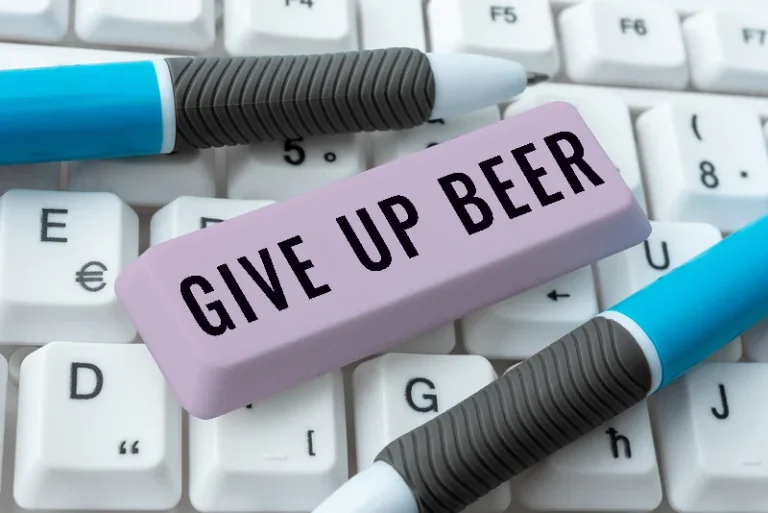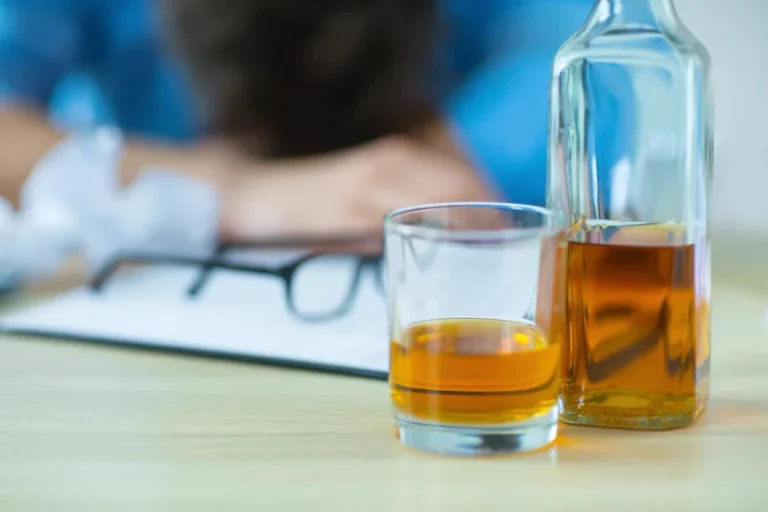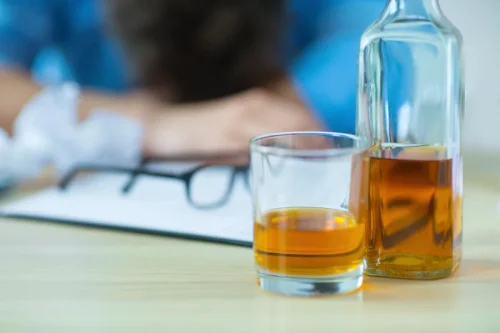
There are a variety of sleep-inducing drinks that include properties that may help you catch some z’s. Talk to your healthcare provider if you regularly have problems sleeping or notice signs or symptoms of common sleep disorders. Below, we’ll take a closer look at how alcohol affects the different stages of sleep, as well as how the quantity and timing of alcohol can influence sleep quality. Ultimately it can make some people more vulnerable to sleep apnea or exacerbate the symptoms for those who already have it. Those who suffer from sleep disturbances due to restless leg syndrome (RLS) are often recommended to increase magnesium consumption. For a natural boost, consider eating more green leafy vegetables, legumes, nuts, seeds, whole grains, meats, poultry, and fish, as they are all rich in this micronutrient.

Limiting Alcohol Consumption Before Bed
- “Typically, it’s advised to stop drinking alcohol around three to four hours before bed.
- Sure, that nightcap, last glass of wine or beer before bed may help you feel sleepy.
- “Alcohol can absolutely disrupt sleep patterns, especially the important brain waves we have when we sleep.
- When considering the best drinks before bed, you should consider every ingredient.
- She mentions, however, the amount of magnesium in these drinks (like Calm) may not be sufficient enough to really make a difference.
One thing to keep in mind is that kava tea can have some side effects, such as drowsiness, dizziness, and an upset stomach. So, if you want to start sipping kava tea before bed, make sure you consult your doctor first. Add a few sprigs of fresh lavender to a cup of warm milk, and you could be on your way to the land of nod in no time at all. You deserve a quality nightcap, whether you’ve had a long day at work or you’re watching the sunset on a lazy Sunday.

Hot Tea
- Drinks to avoid close to bedtime include alcoholic, caffeinated, and sugary drinks.
- In two separate studies, up to 28% of people said they use alcohol to help them fall asleep.
- No one knows that better than pop star Christina Aguilera, who just revealed she messed up the cartilage in her knee following years of high-heeled performances.
- Whether you’ve had a long day at work or watching the sunset on a lazy Sunday, you deserve a quality nightcap.
But alcohol goes on to affect the entire night of sleep to come. But part of a smart, sleep-friendly lifestyle is managing alcohol consumption so it doesn’t disrupt your sleep and circadian rhythms. Simply put, tryptophan increases serotonin levels, which increases melatonin levels. Melatonin may promote sleep and help combat various sleep disorders, including jet lag, shift does alcohol help you sleep work sleep disorder, and insomnia.
Ways Alcohol Disrupts Your Night
- She is active within AASM and has served on numerous AASM committees, including the original Telemedicine Task Force.
- 💙 Incorporate music into your nighttime routine to set a calming mood.
- Your daily habits and environment can significantly impact the quality of your sleep.
- Some research has suggested that sipping tart cherry juice can aid sleep, especially for people with insomnia.
- Certain drinks can indeed improve sleep quality, but it’s more complex than you might think.
These fluctuations play a vital role in the sleep-wake cycle, and when they are weakened—or absent—a person may feel alert when they want to sleep and sleepy when they want to be awake. Research shows that regular alcohol intake can reduce sleep quality over time, potentially causing issues such as insomnia. Alcohol can help people feel more relaxed and sleepy, but it’s also linked to poor sleep quality and duration, according to the Sleep Foundation, a U.S. nonprofit organization. Generally, the more a person drinks, the more their sleep quality suffers. Knowing these symptoms can help you make more informed choices about alcohol consumption, which may lead to better sleep and improved wellbeing. Other herbal teas, besides Tulsi tea, including chamomile, passionflower, and Valerian teas, can promote good sleep.
Does Warm Milk Help You Sleep?
This may result in the person verbally or physically acting out their dreams, which may cause abnormal behaviors such as kicking, flailing, jumping or yelling during sleep. Normal sleep cycles through four stages, which are either considered rapid eye movement (REM) sleep or non-REM sleep. Alcohol is classified as a central nervous system depressant, meaning it slows down brain activity. While “relaxed” may sound appealing, alcohol has also been shown to negatively affect sleep and other physiological processes that occur during sleep. Sleep and circadian rhythm disruption from alcohol also contribute to next-day tiredness, fatigue, irritability, and difficulty concentrating. Even if it doesn’t present as a full-fledged hangover, alcohol-related sleep loss negatively affects mood and performance.